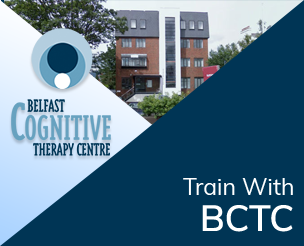- Attend only professionally accredited courses, or courses where the hours can contribute to accreditation, and confirm this with the professional body.
- Check out tutor qualifications by asking who their accrediting professional body is. Reputable courses will welcome such questions.
- If a Certificate course claims that training hours are recognised by a professional body check with the professional body that this is the case.
- Check if client practice placements and supervisors are arranged for you and whether you have course support while you are attending placements.
- Attend an information seminar at the course venue so that you can check out the staff, syllabus, training premises and meet students.
- Does the course assign a Study Advisor to help you?
- If a Certificate course, is it very brief e.g. several weekends, or is it substantial training over several months?
- What is the proven success rate with future clients of the counselling model in which you are being trained?
- Does the course train in one counselling model or in several? (We believe it is not possible to learn several models without confusion.)
- Be careful of courses, including courses held at academic institutions, which advise that you are ‘trained’ at the end of the course, as counsellors/therapists are only fully trained when accredited with a professional counselling organisation.
Evening training seminars are 90 minute PowerPoint presentations, outlining elements of the Belfast Cognitive Therapy Centre’s Postgraduate Diploma course, cognitive behavioural therapy (CBT) and career opportunities. Seminars are relaxed and informal and refreshments are available. Staff and present/former Belfast Cognitive Therapy Centre trainees meet with seminarians for informal discussion about the Postgraduate Diploma.
You are very welcome to attend and there is no fee.


